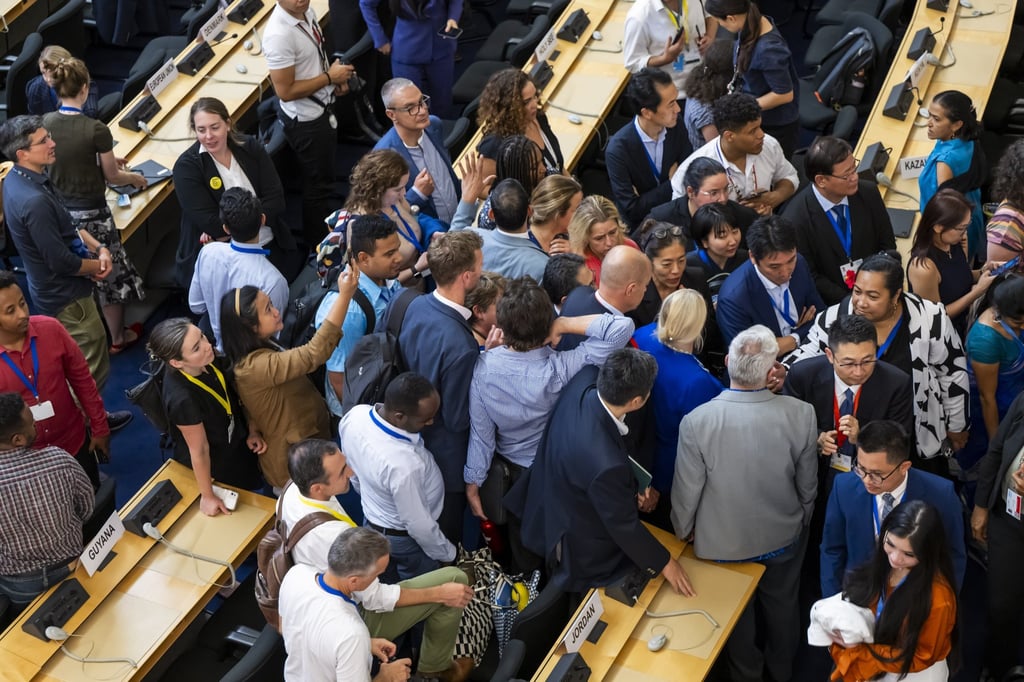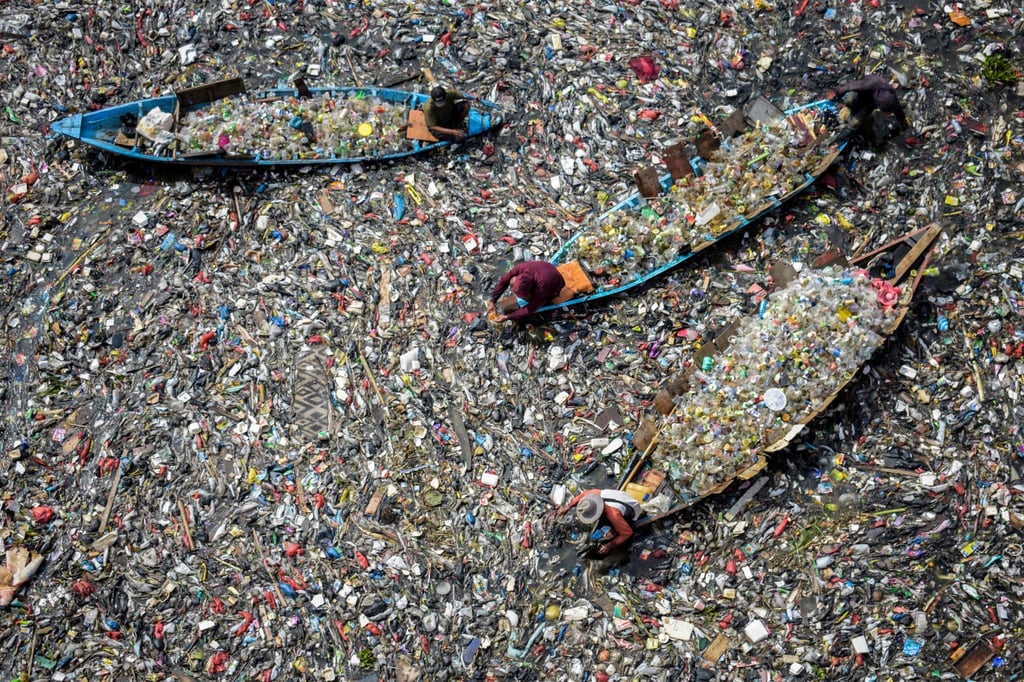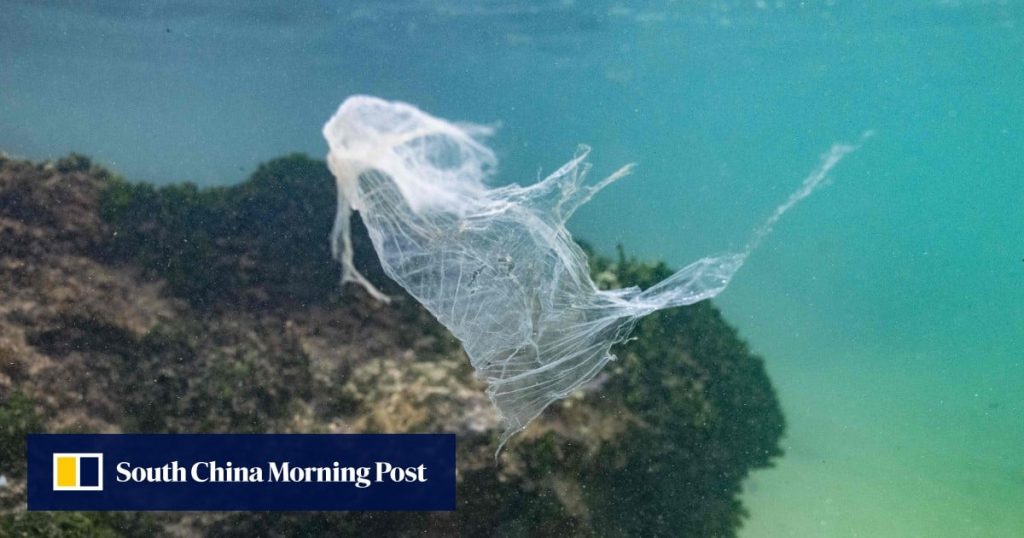
Delegates described scenes of confusion and frustration in the UN’s Palais des Nations assembly hall. “It’s such a mess. I’ve never seen that,” said Aleksandar Rankovic of The Common Initiative think tank on Thursday. “The room is very discontented.”
At the heart of the impasse was a deep rift between two coalitions: the so-called High Ambition Coalition – led by the European Union, the UK, Canada and several African and Latin American nations – which pushed for binding measures to cut plastic production and phase out toxic additives; and the “Like‑Minded Group” of mostly oil‑producing states, including Saudi Arabia, Kuwait, Russia, Iran and Malaysia, which wanted the treaty to focus on waste management rather than production caps.
Greenpeace Malaysia’s Weng Dun Xin accused the country, one of Southeast Asia’s largest plastics producers, of “blocking progress on purpose” by aligning itself with the oil giants, adding that it had come under pressure from the fossil fuel and petrochemicals industry, whose representatives were “strongly present” in Geneva.

Malaysia’s US$3.89 billion plastics market is projected to grow to US$4.71 billion by 2029, according to the Malaysian Petrochemicals Association. Exports were worth 17.3 billion ringgit (US$4 billion) in 2022, up almost 9 per cent from the previous year. Critics say the government’s stance reflects a desire to protect this lucrative sector.


